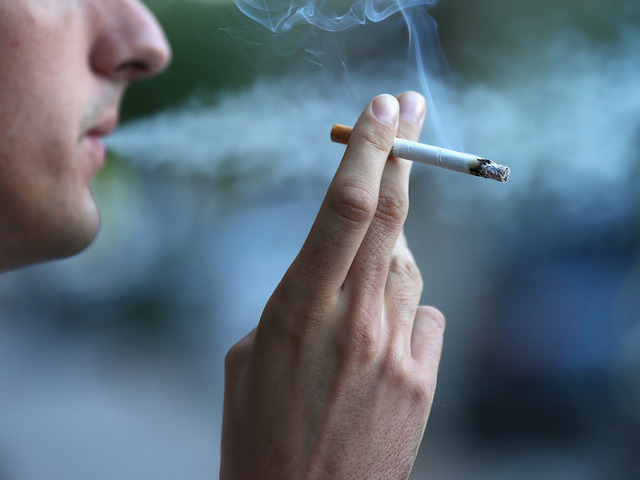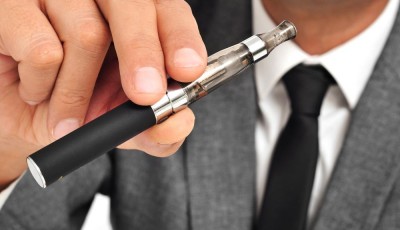Majority favor 21 as minimum age of sale for tobacco
Currently, the minimum legal age for tobacco use is 18 in most states, 19 in four states – Alaska, Alabama, New Jersey and Utah – and 21 in various municipalities across the country, from Needham, Mass., to New York City.
As far as the authors know, theirs is the first study to take a recent look at the popularity of those proposed changes among the general population, in the wake of states like Hawaii having successfully raised the purchasing age to 21 through legislation this past June. “But we’re also seeing increases in the use of other products and more emerging products like E-cigarettes”, said King. About 11 percent strongly oppose raising the age, while 14 percent somewhat oppose the measures.
The CDC’s Office on Smoking and Health firmly believes that were national smoking age minimums to be increased, the resulting effect would be a dramatic decrease in national smoking averages – especially among young adults and teenagers. That bill is being considered by the Assembly. Attitudes Toward Raising the Minimum Age of Sale for Tobacco Among US Adults.
The survey results found broad support for the idea of making tobacco as hard to buy as alcohol. “Their success is leading to growing consensus around the benefits of raising the minimum age”. Among those who said they had never been smokers, 77% expressed support for raising the minimum tobacco-buying age to 21.
One factor that did make a difference was smoking status.
“The fact that older adults are less likely to be directly affected by these laws may explain the greater favorability observed in this group; conversely, lower favorability among current and ex- smokers could be attributable to resistance to restrictions on a behavior in which they have engaged”, the authors wrote.
The study, released by the American Journal of Preventive Medicine on Tuesday, also found that smokers overwhelmingly agreed; 7 of 10 cigarette smokers backed raising the minimum age.
“[The new law] could delay the age of first tobacco experimentation, reducing the likelihood of youth transition to regular use and increasing the likelihood of cessation if they become regular users”, said the CDC team.









